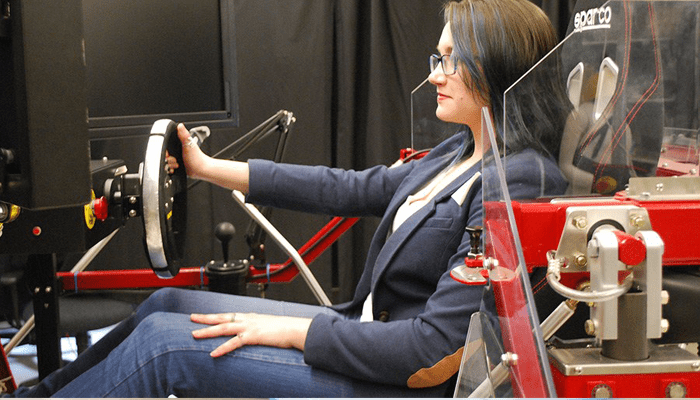Introduction
VeHICaL, or Verified Human Interfaces, Control, and Learning for Semi-Autonomous Systems. It is an interdisciplinary project involving UC Berkeley researchers that seeks to develop improved ways to build human cyber-physical systems. It is like self-driving car or drone.
This groundbreaking task, geared toward advancing scientific information, has been awarded an extensive supply of $4.6 million over the span of five years through the US National Science Foundation for the purpose of accomplishing contemporary research. To effectively carry out this bold initiative, the assignment notably is predicated on fostering sturdy collaborative efforts across diverse campuses. This consists of partnering with a diverse team of eight eminent professors hailing from esteemed institutions consisting of UC Berkeley, Caltech, and the University of North Carolina at Chapel Hill.
“Cyber-physical systems really have the potential to improve a lot of things about everyday life,” said Sanjit Seshia, principal investigator of VeHICaL and UC Berkeley professor.
“For instance, if we had reliable, dependable autonomous control (of) our cars, then potentially we could deal with problems like distracted driving.”
Conceptual and Experimental Research on Self-Driving Car

So far, semi-autonomous systems have faced challenges once they encounter precise situations where they are not able to function independently and rely on human intervention to function effectively. These instances highlight the limitations of the machines and emphasize the continued need for human oversight in certain tasks.
The project aims to address this by creating innovative designs that can accurately discover and examine various indicators to assist in making informed decisions on when it is most appropriate for the driver to transition between manual management and automated driving modes, accordingly improving overall safety and efficiency on the road.
“We want to figure out how to design and build such systems. So that they operate more safely than either human-only or machine-only systems,” said Caltech professor Richard Murray, co-principal investigator, in an email. “This means understanding what information the machine should provide to the human and vice versa.”
VeHICaL-Associated Summer Program on Self-driving Car and Drones
Furthermore, that allows you to broaden its effect; the project is actively engaged in academic outreach efforts aimed at students across numerous instructional levels, which includes graduate, undergraduate, and pre-college levels. As part of its strategic method, an ongoing summer program has been intricately designed and implemented below the steering of Seshia. As the project progresses, it plans to tap into the understanding of graduate students and postdoctoral researchers to similarly enhance the VeHICaL initiative.
Elsewhere, researchers also are working on various components of this topic, in line with Seshia. He emphasized that the VeHICaL group is distinct because of its diverse blend of expertise in areas consisting of robotics, privacy and security, manipulation theory, and cognitive science. This precise aggregate of understanding and skills positions the crew strategically to address complicated challenges that require an interdisciplinary method. Seshia additionally underscored the collaborative nature of the group, highlighting how their exclusive backgrounds come together to foster innovation and drive breakthroughs in addressing cutting-edge issues within their research domain.
According to Gurdip Singh, the NSF program director accountable for overseeing VeHICaL, the project change was decided on with the aid of the NSF because of its innovative approach to addressing complex problems. The assignment’s appeal lies in its ability to tackle challenging troubles by means of leveraging understanding from diverse disciplines with the overarching goal of accomplishing a broad-reaching impact. This multidisciplinary collaboration turned into a key issue in the NSF’s selection to support the project.
“At Berkeley, we always try to make sure that our research projects have a broader impact, so it’s not just purely about research, but with an impact on education and society in general,” Seshia said.
Bottom Line
Seshia further mentioned that in addition to its ongoing collaborations with automotive companies and regulatory agencies like Toyota and regulatory bodies consisting of the National Highway Traffic Safety Administration, VeHICaL is actively carrying out informal partnerships. These collaborations aim to offer the team worthwhile insights into the demanding situations that producers come upon inside the aggressive automobile industry panorama. This strategic technique allows VeHICaL to comprehensively understand and address the complex issues faced by industry players, facilitating the development of innovative solutions and fostering a deeper appreciation of the industry’s intricacies.


